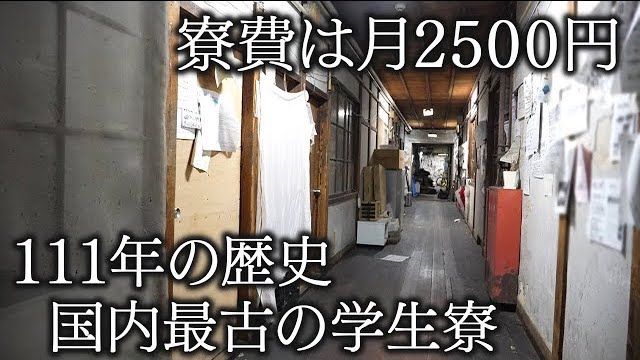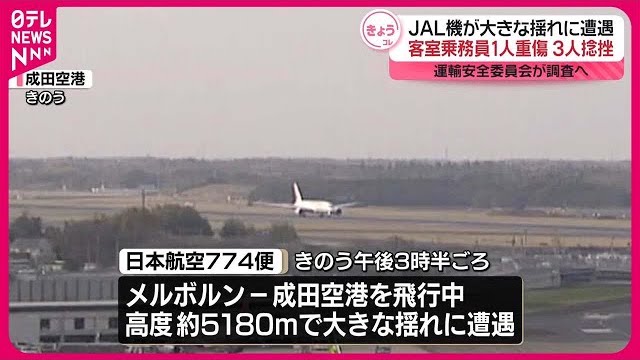The missiles may not be physically crashing into Japan, but their effect is hitting television stations square in the wallet.
For the second time in only a matter of weeks North Korea sent a missile straight over Japan and into the ocean, and as a result the international community has come together as one and declared: "It's the other guys' problem."
So we can probably expect more rockets to whiz over our heads in the future, each time triggering the J-Alert system which sends an automatic warning to everyone's mobile phone and instructs us to take cover. As scary as that is, at least no actual harm is coming to Japan, right?
"Wrong," say the television networks of the country who have taken damages in several ways and are seriously concerned about future missile launches. For starters, Kim Jong-un's timing is particularly rude, cutting into the peak hours of morning television which is made up largely of "wide-shows:" the Japanese equivalent to a program titled Good Morning [insert place name here].
These shows are live and often feature field segments or celebrity guests that cost a significant amount to produce, only to be wiped out at the slightest beep of a J-Alert. These programs are essentially just news-based talk about issues of the day, but studies show that about 70 percent of viewers tune in for them.
Unfortunately, its hard to give weight to a comedian's drunk driving charges while weapons of mass destruction are flying around. So these shows are forced to cover the more pressing matters of the day at the expense of their audience. The added costs of producing these segments on the fly are also incurred.
That normally wouldn't be bad, since the first thing most people would do following an alarm is check the TV for more info. However, it seems that in the event of a J-Alert people are by-and-large instinctively tuning into Japan's public broadcaster NHK for information, since that organization would have the closest connection to the government.
Ironically, NHK makes no money from ad revenue, instead getting it the old-fashioned way: vandalism, intimidation, and the occasional sexual assault. So they don't really benefit from the added attention. Meanwhile, the other stations simply lose out.










